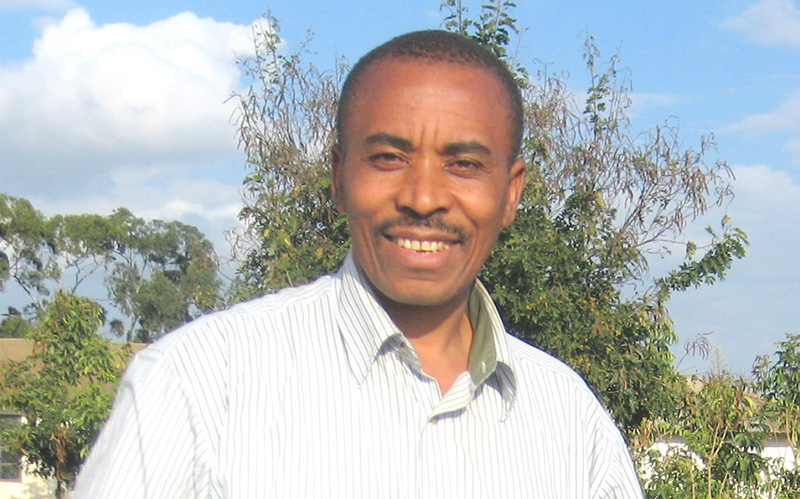
Growing up in Tanzania, I learned of this country I now call home through a drink: Canada Dry ginger ale. Ice cold, hugely welcome on hot, dry days. I relished its sweet and potent bite, but above all, its miraculously cooling effect. It became my favourite pop through the perennially scorching years in Tanzania. Canada, I thought then, must also be perennially hot and dry for its inhabitants to have named the refreshing drink (my favourite pop to this day) after their country.
Well, Canada is far from perennially hot, I would find out. Dry, yes, in Alberta at least, where I live. Canada turned out to abound with what would have been other astonishing surprises to little me growing up in Tanzania. Surprises in Inuvik, for example, which I visited one May: its nearly 24 hours of daylight even at that time, long before summer; its Mackenzie river on which you could drive in winter, over an ice highway (which, incidentally, an all-season one is about to replace)!
But the biggest surprise, even to my aging self in Canada?
Amin, an Inuvik-residing, Swahili-speaking, Sudanese-born cab driver!
That he spoke Swahili - besides of course other languages from his native Sudan - intrigued me. I had never met a Sudanese who spoke Swahili, the lingua franca in the East African countries of Tanzania, Kenya and Uganda. Though used also marginally and willy-nilly in states neighbouring those three, Swahili is spoken very little or not all in Sudan, despite sharing a border with Uganda.
Questions about Amin stirred in my mind.
Where and how had he learned Swahili?
What had been his experiences in Africa? And in Canada?
How had he ended up in that frozen outpost of Inuvik?
Despite leaving Inuvik without full answers, my meeting with Amin got me thinking actively of this construct we call Canada. Canada, I see now, consists of a visible and invisible tangle of heritages unified by our desire to co-exist and grow together. From literally every part of the world, old arrivals, and relatively recent ones like me, and those just come, imprint on one another our stories, some more complex than others: stories of who we are, where we come from and of lives we're building here. In turn, we imprint and have imprinted those stories on foundational heritages, those of the First Nations prominent among them, from which Canada emerged.
This is the reality I see defining today's Canada. As a story maker, I couldn't be happier. Such reality offers bounties of untold stories with which story makers can work. Canada 150 to me, therefore, implies a need to enable and animate untold stories such as those that possible answers to my questions about Amin could have suggested; stories that could be validated, celebrated and disseminated in the interest of broadening our Canadian heritage.
Tololwa Mollel ('79 MA, Drama) is an Edmonton-based children's author, dramatist and storyteller who has written 20 internationally published books, as well as several plays and stories that he created or adapted for performance. His books, which include award-winning titles such as The Orphan Boy, Rhinos for Lunch and Elephants for Supper, Big Boy and My Rows and Piles of Coins, have been published in Canada, the U.S., Australia, England and Tanzania, where he was born.
The views and opinions expressed within WOA guest posts are solely those of the authors.
For almost as long as there's been a Canada, there's been a University of Alberta. Over the next year, in honour of Canada's 150th anniversary, we're proudly celebrating the people, achievements and ideas that contributed to the making of a confederation.
